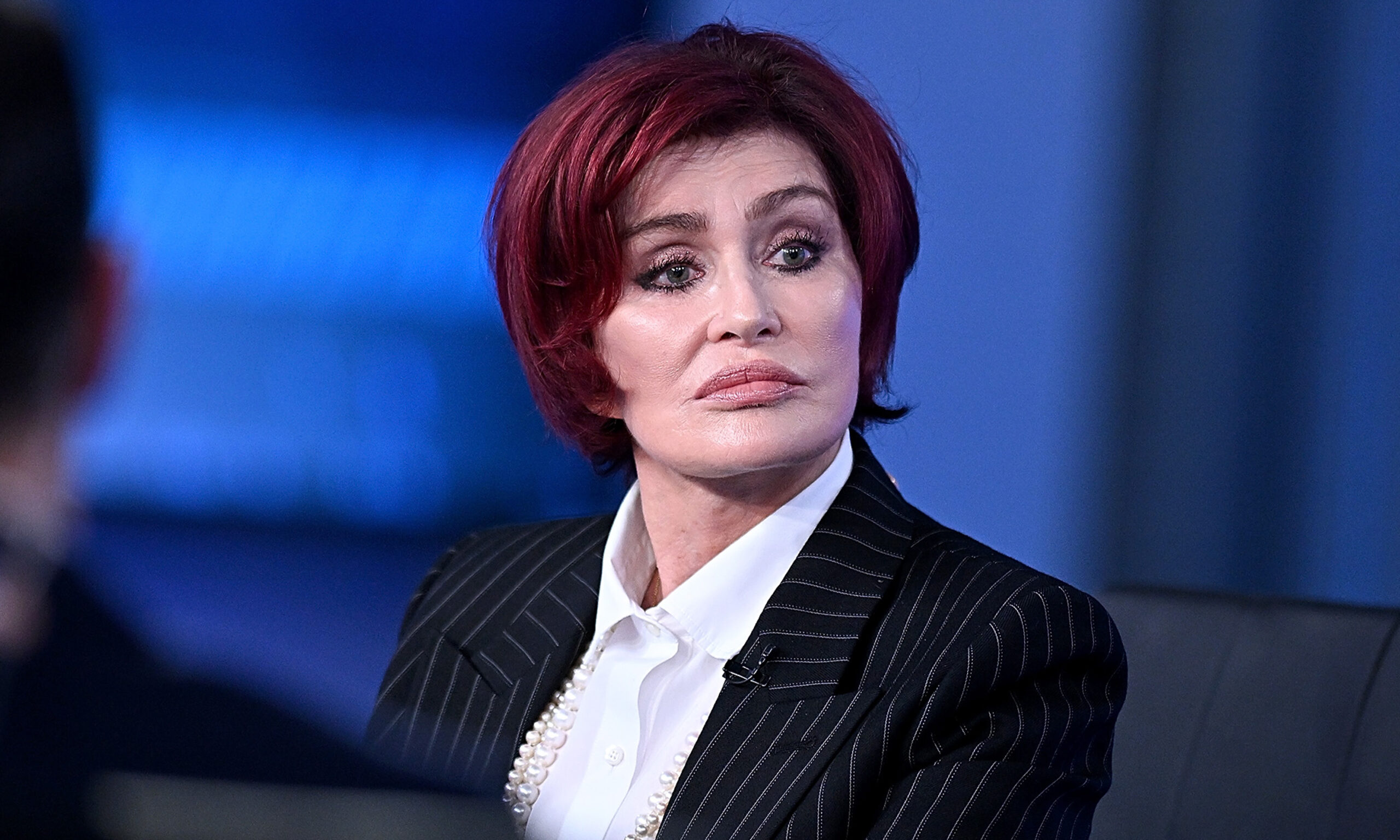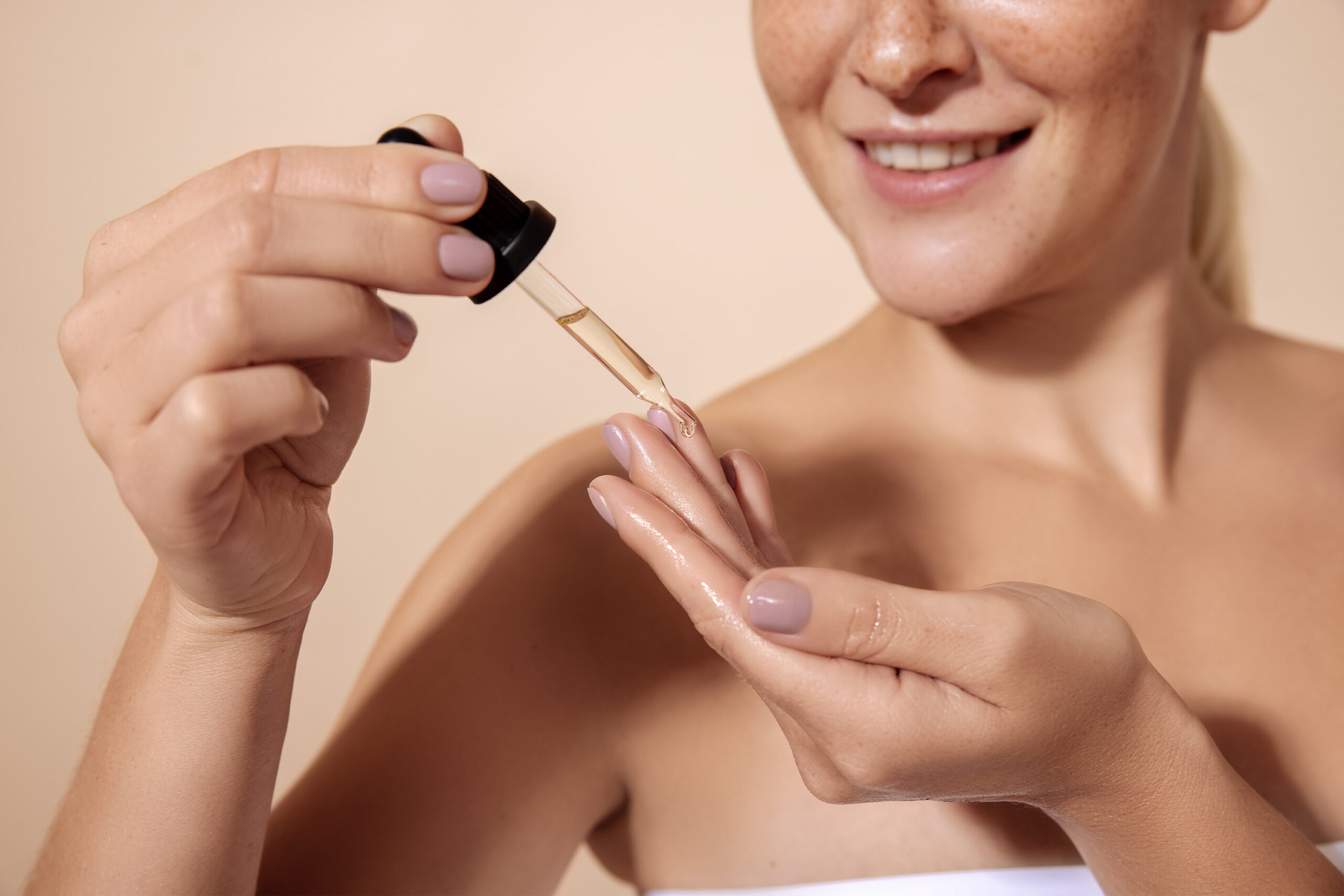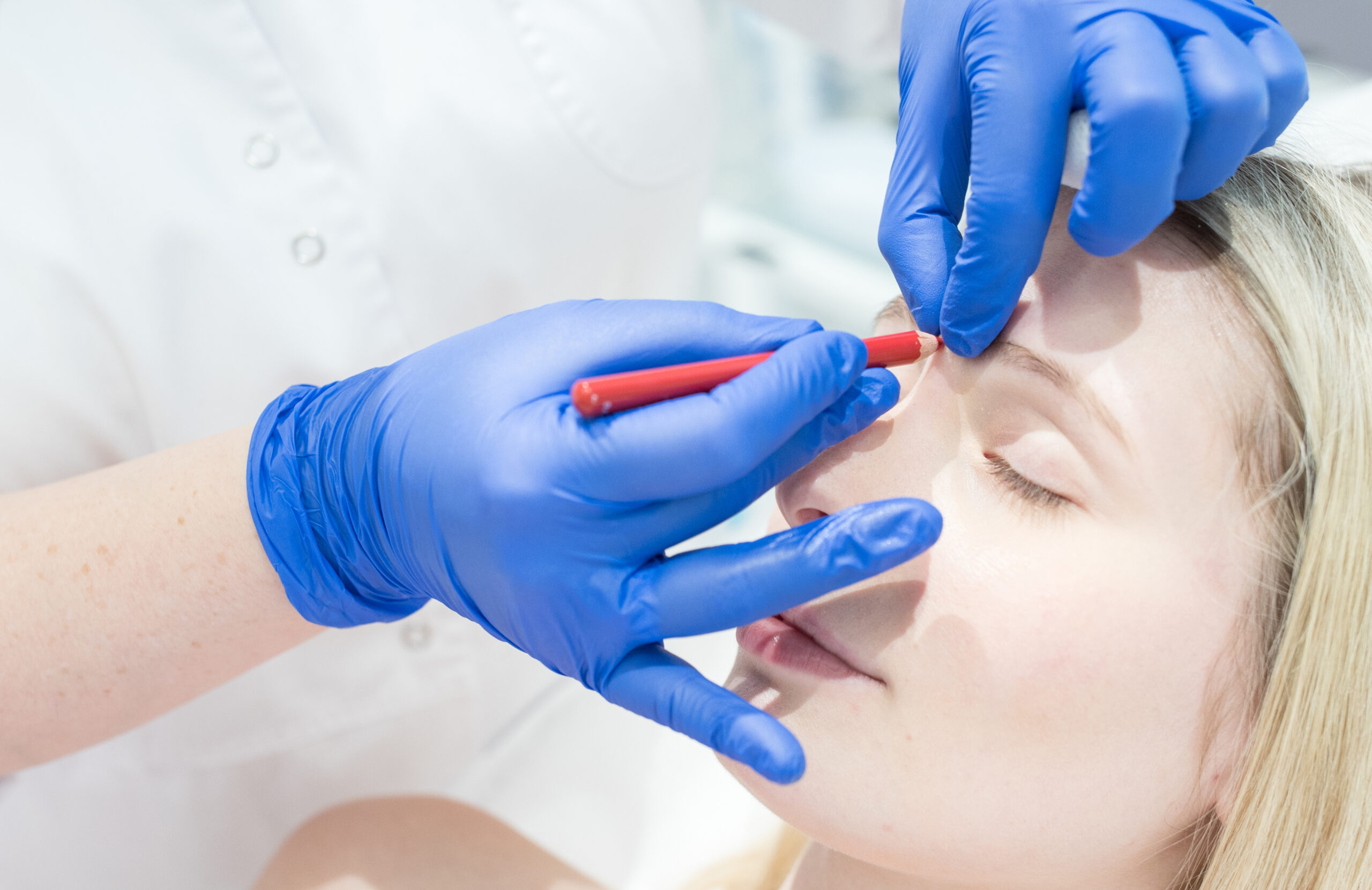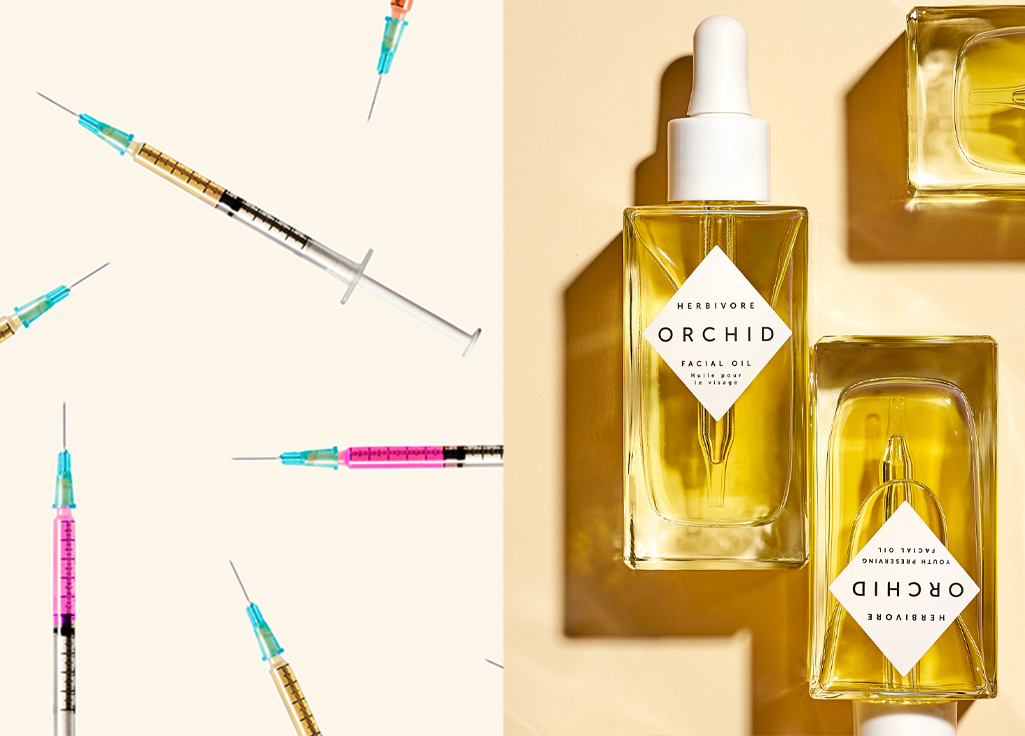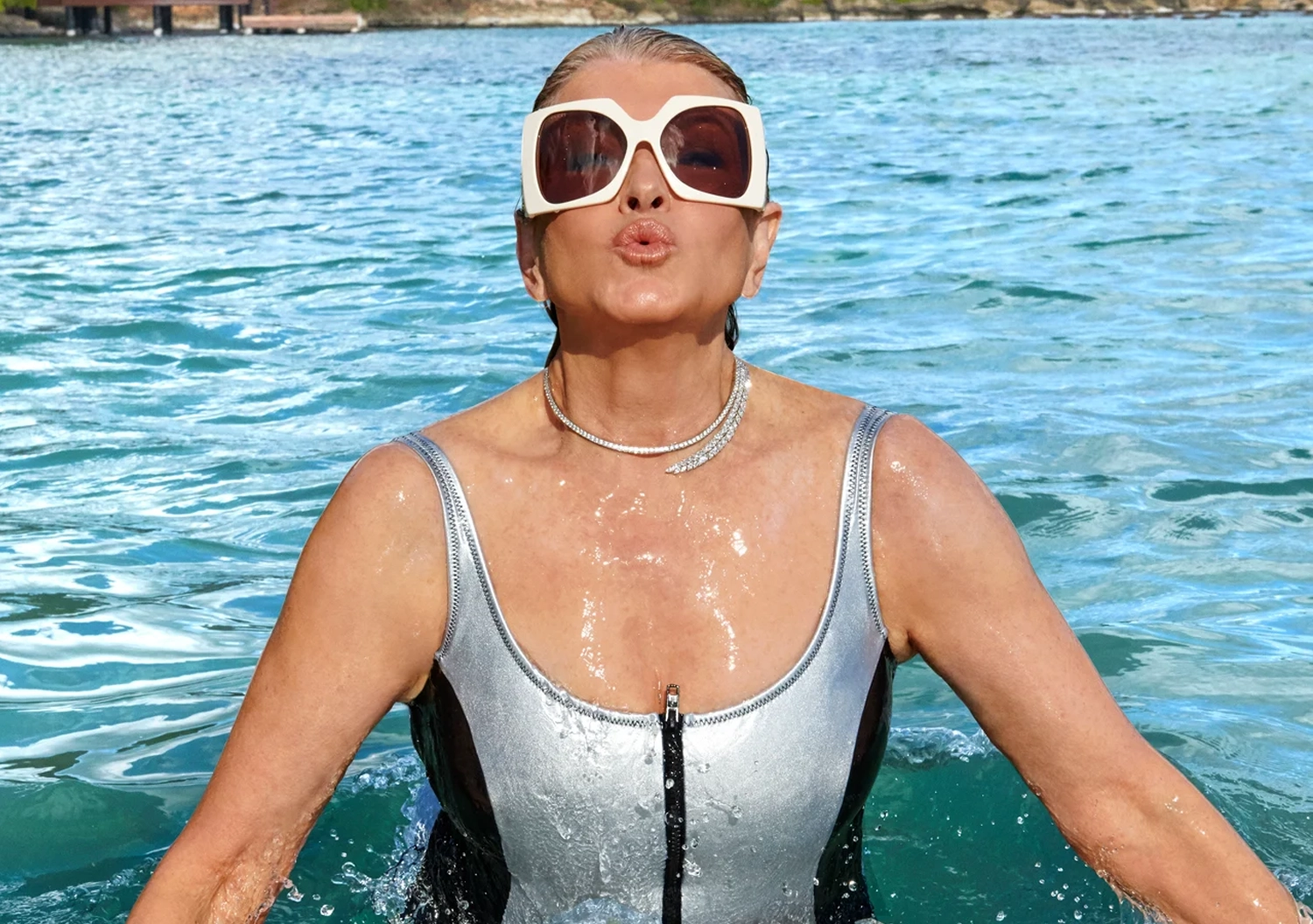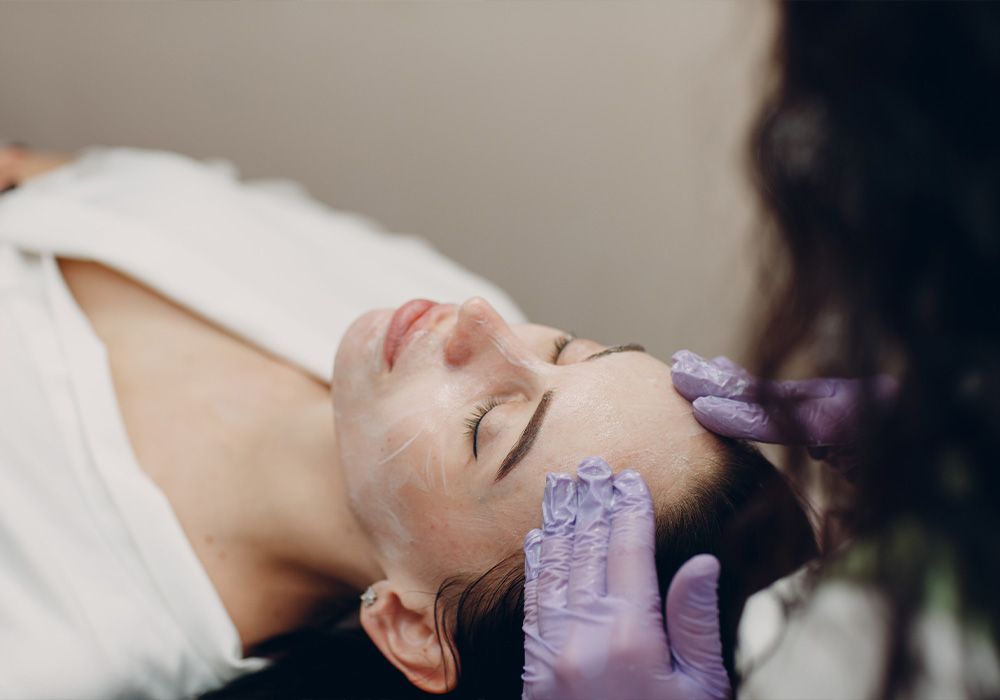Practice may be the essence of genius, but even in all their collective hours of, quite literally, practice, these plastic surgeons still hold a special place in their hearts for their first ever–performed surgeries.
“The first surgery I participated in was in medical school. It was a C-section and I almost passed out cold from seeing all the blood. I had to step away from the operating room table, break scrub and laid on OR floor with a cold towel on my head. I still remember sitting in corner of the OR—mortified in embarrassment—hearing the attending ob-gyn surgeon ribbing the resident surgeon that, if he had been faster at the surgery, the med student (me) would not have had time to get sick.” —Pasadena, CA plastic surgeon Lily Lee, MD
“The first surgery I performed in practice was in November of 2015, after having graduated five months earlier. It was a tertiary rhinoplasty on an amazing woman who is the daughter of a famous old country star from the 1970s. It was a very difficult case at baseline—but to be the first case of practice was very intimidating. We used rib graft, and it was a four-and-a-half-hour operation. She did great, healed without problems, loved her result, and she still sends me lots of patients!” —Nashville, TN plastic surgeon Daniel A. Hatef, MD
“It was summer 2006 and I just started my solo private practice. I got a consultation from one of the local cardiothoracic surgeons to see his patient, an 80-year-old-man, one year after he had an open-heart procedure (it involved a sternotomy—a vertical division of the sternum with a power saw to access the heart). He developed a chronic infection of the sternum (infection of the bone known as osteomyelitis). So, the patient is an elderly, sick man, requiring supplemental oxygen around-the-clock, and he can barely walk with a serious chronic infection involving his entire sternum.
My procedure, which I performed solo, was a total sternectomy and removal of all adjacent costal cartilage—bilateral pectoralis major muscle flaps and wound closure. The patient returned to the ICU, did well, and was discharged from the hospital in good condition within a short period of time.
When I completed the procedure and was still in the operating room writing notes, I received a call from a friend and colleague of mine—a plastic surgeon in my community, whom I trained under, who is six years my senior—asking me what I was up to. I excitedly explained that I had just completed my first private-practice surgical case and told him what it was. To say he was surprised is an understatement. He could not believe that I took on such a complex procedure, especially with no help. He asked, ‘Why didn’t you call me for help?!’ And I simply stated that I didn’t need it and there was no way I was calling for back up on my first case!” —Miami plastic surgeon Sean Simon, MD
“My first surgery as a facial plastic surgeon was memorable for sure! It was on the Friday after Thanksgiving, and I performed a complex reconstructive rhinoplasty with rib cartilage grafting. The patient was a kind, older man who had suffered from a nasal abscess/infection that was missed by doctors. Unfortunately, it resulted in him losing all of the support in his nose, so that it saddled and collapsed. I rebuilt his nose with rib cartilage and helped him not only look better, but also breathe through his nose again.” —Boston facial plastic surgeon Jaimie DeRosa, MD
“I remember the first time I had the privilege of operating on a patient. I was in medical school on a plastic surgery rotation and we were getting ready to remove a nevus sebaceous from the scalp of a teenager. The attending surgeon quizzed me on the lesions history, pathophysiology, treatment, and outcomes and I guess I answered OK because—much to my surprise—he handed me the scalpel! The procedure was a relatively simple one compared to the surgeries that I routinely do now, but I remember being very focused and stressed because I wanted to do it perfectly and every sensation was new. The procedure went well and I was fortunate to spend more time in the operating room on that rotation, which solidified my interest in becoming a plastic surgeon.” —Orange County, CA plastic surgeon Andrew Smith, MD
“I have two early surgical patients who are memorable: One of my first surgical patients was a man with HIV who had lost more than 100 pounds. He was consulting for a circumferential tummy tuck. He had seen many plastic surgeons who came up with every excuse not to operate on him. A key element of being a great plastic surgeon is improving the quality of life and level of happiness of one’s patients. I gladly operated on him and he still sends me a thank you note on a yearly basis for changing his life.
Another was a young woman who did not feel confident about her nasal appearance. She underwent a rhinoplasty and within weeks seemed to develop a newfound confidence. I had not seen her in years and she recently returned to the office to schedule her mommy makeover after having three children. She thanked me again for treating her and credited her academic success and social ease to her new and improved appearance.” —New York plastic surgeon Elie Levine, MD
“I was an intern in surgery assigned to the VA hospital at UCLA. Surgical interns were supposed to be on call every other night, but the other intern had quit just before internship began, so I was on call every night! I served for two months without complaining, and, for that reason, was rewarded with my first surgery—a hernia repair. The assistant chief of surgery guided me through it, the patient survived, and even enjoyed a good result. The resident, who was a year ahead of me was ticked, knowing that he should have been the surgeon, but such was not to be the case. Ah—the joys of internship and the rewards of every night call. They used to say that there was only one thing wrong with being on call every other night, you missed half the action! I did not miss any action for those two months.” —Encino, CA plastic surgeon George Sanders, MD
“The first surgery I ever performed was a rhinoplasty, and it was 13 days after graduating from my craniofacial fellowship. As I entered the surgery center, I remember thinking about what a wise surgeon had once told me: ‘Rhinoplasty is the most difficult surgery in plastic surgery—make sure your first rhinoplasty is not on a prom queen.’ As I marked the nose of my stunningly beautiful 20-year-old patient, who had literally been a prom queen, I momentarily wondered if this was a good idea. While I’m certainly not one to back down from a challenge, I am nowhere near reckless. And, that moment, the experienced plastic surgeon I had asked to scrub with me, to ensure that everything went perfectly, came over to meet the patient.
The case went beautifully. While I did every part of the surgery myself, it was comforting to know that someone with extensive experience was right next to me in case I needed him. That beautiful patient’s before-and-after pictures are still on my website. But now, I’m the one with experience, making sure that the surgeons who ask me for help with the most difficult operation in plastic surgery, have the same comfort when I’m standing next to them. This is what we do in surgery, we help each other, in order to ensure that no matter what, the patient gets the best result possible.” —Hackensack, NJ plastic surgeon Robert Morin, MD


